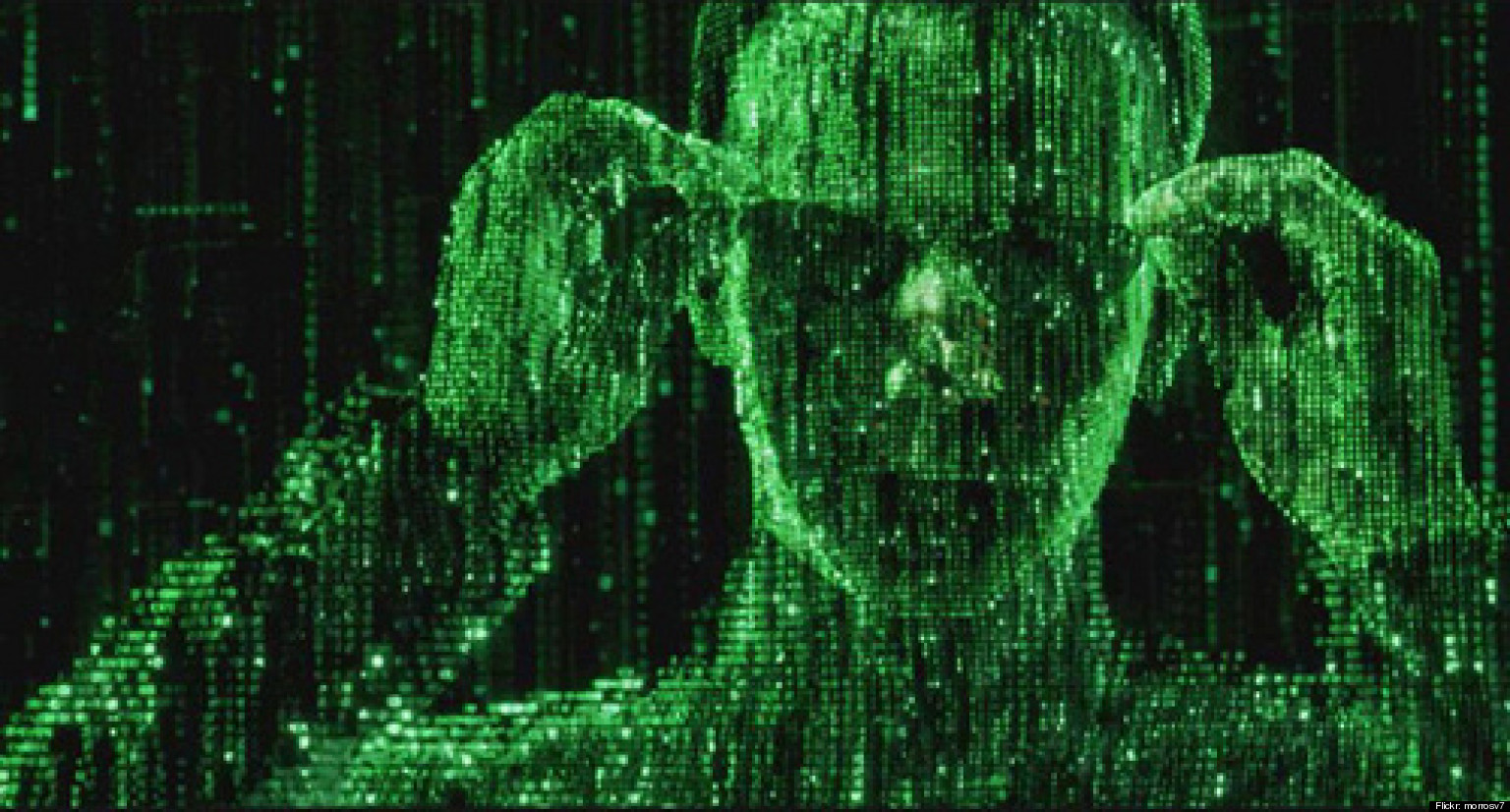Who where they? Rene Descartes is famous for spreading the use of the Cartesian plane, and also liked to dabble in philosophy in addition to mathematics. He bagan to wonder (probably during his midlife crisis); "How do we know anything?" All our knowledge seems to be based on previous knowledge. Because you couldn't, like, figure out the Pythagorean theorem without first knowing what a right triangle is and so on. So he did a thought experiment where he cleared his table of knowledge. He pretended that he knew absolutely nothing. And then he tried to find the fundamental facts of existence by putting things back onto his table of knowledge. He tried and failed with many pieces of information, but the only thing he could get back onto the able was:
"I think, therefore I am."Meaning that you are experiencing things, and therefore you must be real. Everything else's existence is questionable at best.
Hume, on the other hand, liked to believe that all our experience was built on sensory inputs, and that everything is merely a string of sensory inputs and nothing is really real. Like we're in the Matrix or something.
So Hume's argument was that nothing was real, not even yourself. But Descartes is all like; "Yeah, nothings real, but I am experiencing these things, so therefore I must be real." And Hume's all like; "Nope! Sorry, you don't exist either, at least not on this plane of reality."
And this is funny because while they arrived at similar conclusions, their own conclusions were fundamentally opposed to each other by design. And thinking about two long-dead European philosophers bickering on whether or not they really exist while the rest of us are just like; "I just want the next Downton Abbey episode to air. I really don't care about epistemological quandaries pertaining to the existence of consciousness."


No comments:
Post a Comment